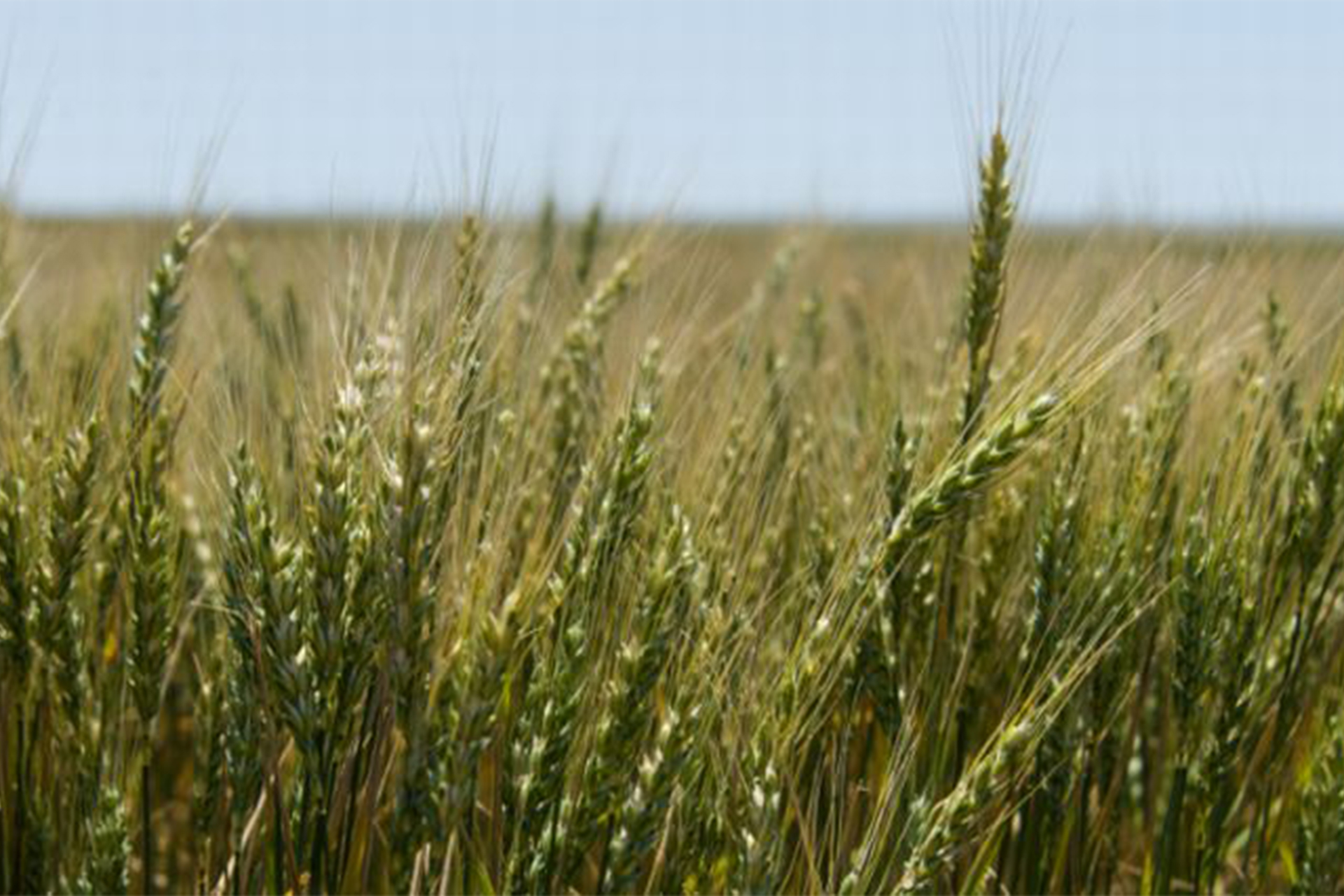
Symposium speakers will discuss preparedness, research, recovery and resilience in the face of threats to agricultural biosecurity and infectious diseases.
The U.S. agricultural industry has experienced significant loss from infectious disease outbreaks in animals and plants caused by pathogens. The current COVID-19 pandemic has provided a new lens through which national and global preparedness, response, and recovery from infectious disease can be considered across all sectors. Although awareness and planning to improve response to infectious disease outbreaks have increased, gaps remain.
To address these continued gaps specific to agricultural infectious disease, the Coalition for Epi Response, Engagement and Science (CERES) integrates and leverages the strengths and assets of six top land-grant universities and other stakeholders, resulting in new opportunities, ideas and practices through collaborative engagement.
CERES and Colorado State University will host a virtual symposium on Thursday, Jan. 28, noon-3 p.m. Mountain Standard Time, addressing biosecurity, infectious disease, and the animal-human interface. The event will be held on Zoom. Registration is required
Speakers from industry, government, and higher education will explore parallels between the current COVID-19 pandemic and pathogen outbreaks in the agricultural sector and discuss strategies and innovations to improve preparedness, response, recovery, and resiliency for future pathogen outbreaks in agricultural and human disease.
“Emerging, transboundary diseases and increased frequency of infectious disease outbreaks in the US pose a significant, growing threat to U.S. agriculture, the food system, and the millions of Americans that rely on it for their health and their livelihoods. U.S. farmers, ranchers, animal health companies, researchers, and government officials have developed innovations and improved biosecurity protocols that are poised to safeguard our crops and animals and increase our ability to efficiently to disease outbreaks when they have occurred,” said Alan Rudolph, CSU’s vice president for research. “Our goal is to increase the agility and resilience of response to these increasing threats. This will require dedicated Innovation and collaboration to continue to safeguard American agriculture and the U.S. food system into the future.”
As the hosting university, CSU’s land-grant heritage will be front and center throughout the day’s event, including three panel discussions on pandemic preparedness, response, recovery and resiliency.
Speakers will include Bill Even, chief executive officer at National Pork; John Hardham, research director at Zoetis Inc.; Ethan Lane, chief executive officer at National Cattlemen’s Beef Association; James Lawler, director of international programs and innovation at the Global Center for Health Security at the University of Nebraska Medical Center; Juergen Richt, Regents Distinguished Professor, Kansas State University; Tom Vilsack, nominee for Secretary of the U.S. Department of Agriculture, and others who have outlined roles and responsibilities of academia and government in contributing to national agriculture security.
About CERES
The CERES coalition was created to collaborate with land-grant universities, farmers, ranchers, animal and crop health companies, government officials and international organizations to address the most critical issues facing biosecurity for American agriculture.
Other universities involved in the coalition include the University of California, Davis; Texas A&M University; Iowa State University; University of Nebraska-Lincoln; University of Nebraska Medical Center, and Kansas State University.
The three goals of the CERES collation are to affect the adoption of better infection control practices, rapid detection of high-consequence threats, and agile vaccine stockpiling and production to thwart regional and national infectious disease outbreaks.